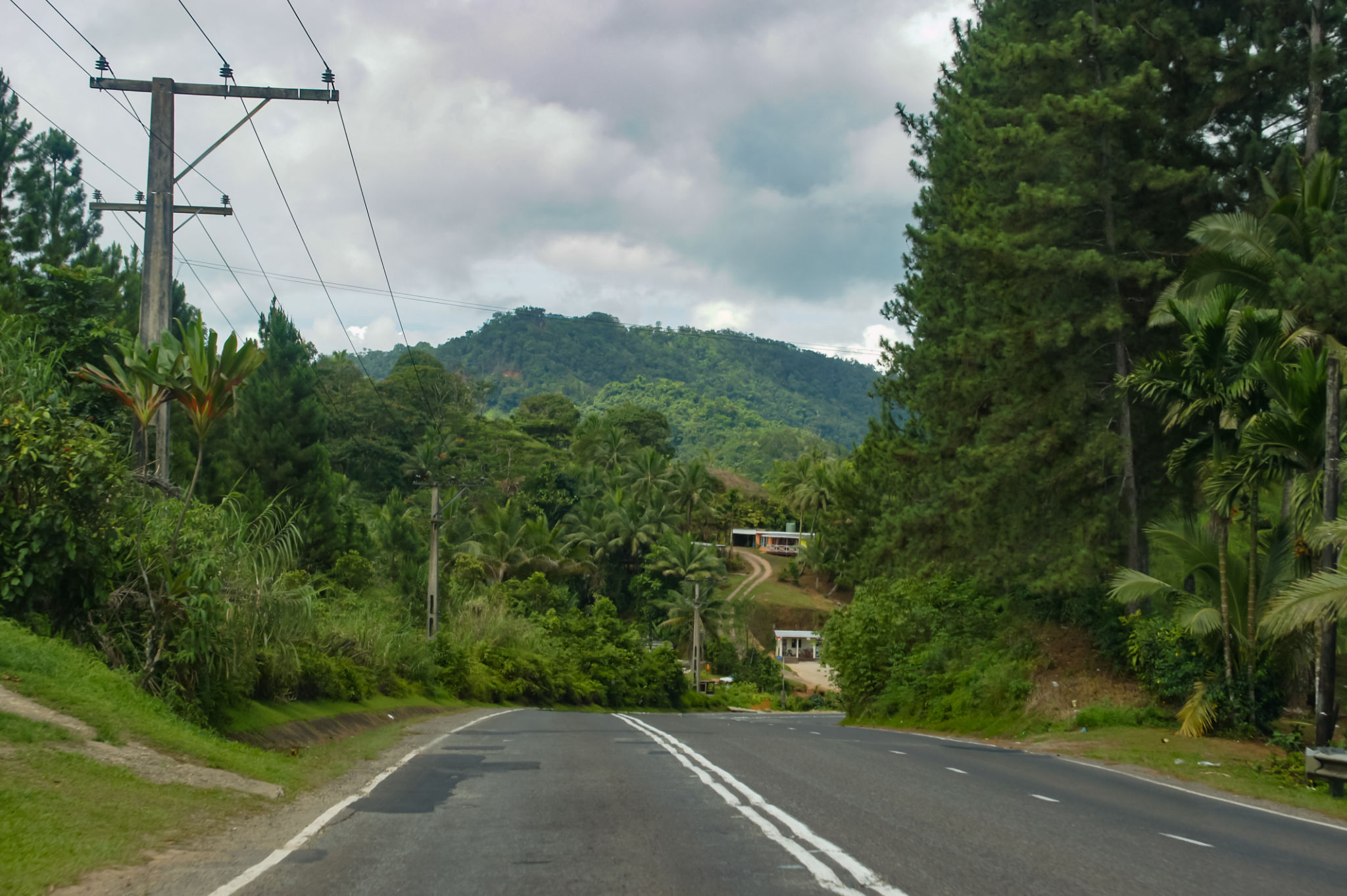A Guide to Understanding Fiji's Road Construction Regulations
KT
Introduction to Fiji's Road Construction Regulations
Understanding the road construction regulations in Fiji is essential for contractors, developers, and stakeholders involved in infrastructure projects. These regulations ensure the safety, sustainability, and efficiency of road construction activities across the islands. This guide provides a comprehensive overview of the key aspects of Fiji's road construction regulations, helping you navigate the legal landscape effectively.
Key Regulatory Bodies
In Fiji, several regulatory bodies oversee road construction activities. The Fiji Roads Authority (FRA) is the primary organization responsible for managing and maintaining the road network. Additionally, the Ministry of Infrastructure and Transport plays a crucial role in policy formulation and strategic planning. Understanding the roles and responsibilities of these bodies is essential for compliance.

Permits and Approvals
Before commencing any road construction project, obtaining the necessary permits and approvals is crucial. Contractors must apply for a development permit from the relevant local authorities. These permits ensure that proposed projects align with national and local planning guidelines. Additionally, an environmental impact assessment (EIA) may be required to assess potential environmental effects.
Environmental Considerations
Fiji's road construction regulations emphasize environmental sustainability. Projects are expected to minimize their ecological footprint by adhering to strict guidelines on waste management, erosion control, and biodiversity protection. The EIA process evaluates these factors, ensuring that construction activities do not adversely affect Fiji's unique ecosystems.

Safety Standards
Safety is a paramount concern in road construction. Regulations mandate the implementation of comprehensive safety plans to protect workers and the public. These plans include measures such as traffic management systems, personal protective equipment (PPE), and site hazard assessments. Compliance with safety standards is non-negotiable and regularly monitored by regulatory bodies.
Quality Control Measures
To maintain high-quality infrastructure, Fiji's regulations stipulate stringent quality control measures. Contractors are required to conduct regular inspections and tests on materials and workmanship. Quality assurance protocols must be documented and reviewed by authorized personnel to ensure that construction meets predefined standards.

Compliance and Enforcement
Adhering to road construction regulations is not only a legal requirement but also a commitment to public welfare. Regulatory bodies conduct regular inspections to ensure compliance with established standards. Non-compliance can result in penalties, project delays, or even revocation of permits, emphasizing the importance of staying informed and adhering to all guidelines.
Conclusion
Navigating Fiji's road construction regulations requires a thorough understanding of the legal framework governing permits, environmental considerations, safety standards, and quality control. By staying informed and proactive, stakeholders can ensure successful project execution while contributing positively to the nation's infrastructure development. Compliance not only safeguards public interests but also reinforces the integrity and reputation of the construction industry in Fiji.
